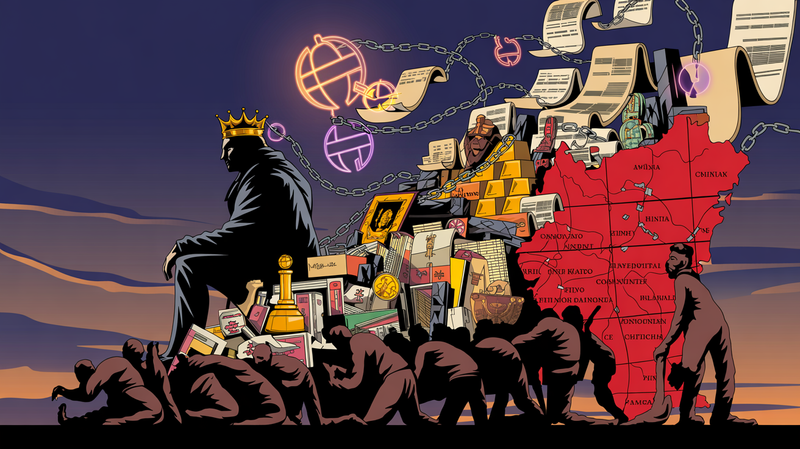Global Synergy Urged for Smooth Transition to Green Economy at Astana International Forum
The Astana International Forum, a significant international congregation held on June 9th, 2023, became the venue where experts from around the globe emphasized the need for unified efforts in transitioning to a green economy. It was underscored that this shift must uphold energy security and economic viability while aiming to

The Astana International Forum, a significant international congregation held on June 9th, 2023, became the venue where experts from around the globe emphasized the need for unified efforts in transitioning to a green economy. It was underscored that this shift must uphold energy security and economic viability while aiming to achieve the environmental goal of net-zero emissions.
The forum's energy security panel saw insightful deliberations from eminent figures such as Almassadam Satkaliyev, the Kazakh Minister of Energy, and Suhail Mohamed Al Mazrouei, the Minister of Energy of the United Arab Emirates. Satkaliyev called for a rethinking of energy security beyond constructing new power plants and boosting exploration, emphasizing the importance of diversification.
Echoing Satkaliyev's concerns, Al Mazrouei underscored that energy security is a global issue that demands international collaboration. He shared plans of enhancing international connectivity through electrical integration of the grid connection, aiming to ensure the uninterrupted supply of electricity. Al Mazrouei also pressed the need for balancing the green transition with economic growth and advocating for more prudent energy use and a stronger commitment to research and development.
The President of the European Bank for Reconstruction and Development (EBRD), Odile Renaud-Basso, highlighted that tackling climate change and environmental issues is an existential priority. She believes the transition to a net-zero world and energy security should work in tandem, with a focus on electricity as a key enabler of the green transition.
Renaud-Basso also noted the importance of market indicators to understand the environmental cost of human actions. She urged the end of fossil fuel subsidies to enable market incentives to facilitate a cost-effective green transition. Innovation, governmental involvement, appropriate regulations, and finance were identified as essential facilitators of the transition.
Francesco La Camera, the Director-General of the International Renewable Energy Agency (IRENA), firmly believes that the decline of fossil fuels is inevitable and that the future lies in renewable energy. But the path to a green economy, according to him, demands solutions to challenges such as infrastructure, institutional capacity, skilled workforce, and the legal environment. He urged the refocusing of the international community's efforts and the crucial role of multilateral financial institutions in building the necessary infrastructure.
As these diverse voices converged at the Astana International Forum, the call for a collective, pragmatic, and forward-thinking approach to the transition to a green economy was echoed, highlighting the need for shared efforts, innovative solutions, and unwavering global commitment.




